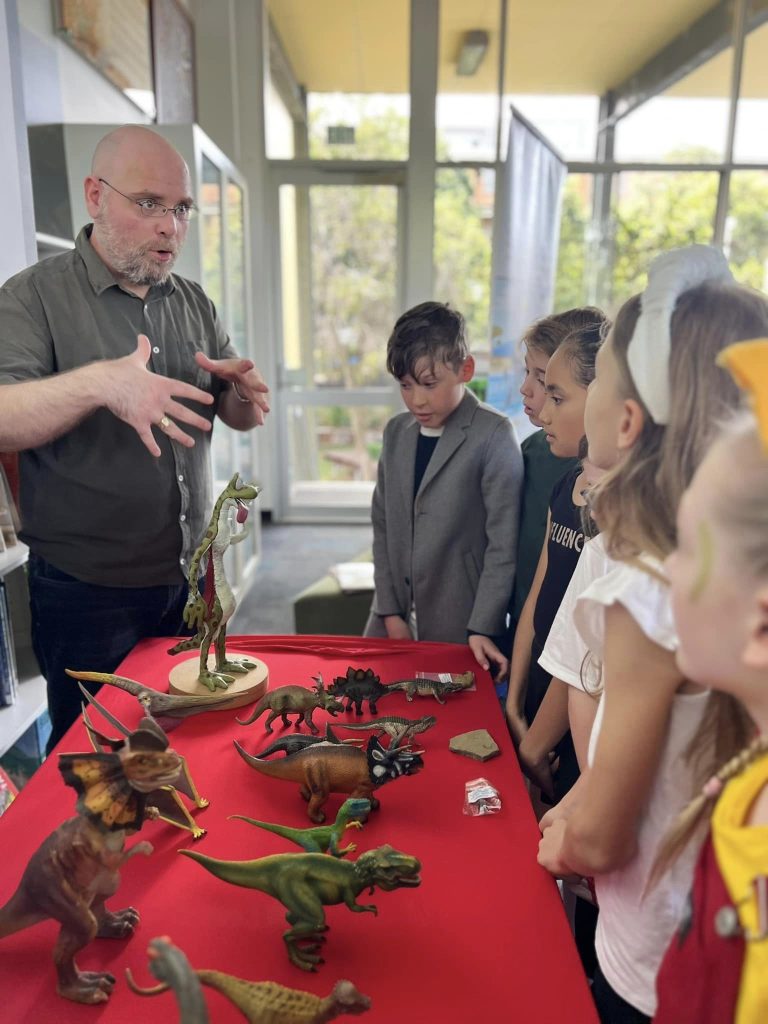Why Creative Storytelling Matters for Kids
Storytelling has been a fundamental part of human culture for thousands of years. Whether through spoken word, written text, or modern media like children’s books, animated series, or audiobooks for kids, stories shape how we see the world. For children, creative storytelling is more than just entertainment—it’s a powerful tool for learning, emotional growth, and imagination.
But what makes creative storytelling so essential for kids, and how does it impact their development? Let’s explore why stories hold such a special place in a child’s growth journey.
1. Storytelling Fuels Imagination & Creativity
Children have a natural curiosity and boundless imagination. Creative storytelling nurtures this by allowing them to explore new worlds, unique characters, and exciting adventures. When kids dive into children’s picture books, audiobooks, or animated children’s series, they aren’t just absorbing information—they’re actively engaging their minds.
For example, when a child reads or listens to The Adventures of Triz, they visualize Triz’s world, the challenges he faces, and how he overcomes them. This kind of imaginative storytelling encourages kids to think outside the box and develop their own stories, helping them become more creative thinkers in the process.
2. Encourages Emotional Development & Empathy
A great story doesn’t just entertain—it teaches emotions. Kids learn about feelings, relationships, and human experiences through characters and their journeys. When they hear or read about a character who is brave, sad, happy, or nervous, they start to understand emotions better and apply that understanding to real life.
Books with neurodiverse stories and inclusive books help children see the world from different perspectives. For example, a child who reads about a character with anxiety, autism, or different abilities gains empathy and understanding for others. Creative storytelling teaches them that every experience matters and every individual has a story worth telling.
3. Builds Stronger Language & Communication Skills
Exposure to storytelling improves a child’s vocabulary, comprehension, and language skills. Whether through audiobooks for kids, picture books, or animated children’s series, kids naturally pick up new words, sentence structures, and expressions.
Listening to expressive narration in an audiobook series can help young learners understand tone, voice modulation, and storytelling structure, making them better communicators. For younger children, picture books with audio companion features allow them to see words as they hear them, reinforcing early reading skills.
The more stories a child is exposed to, the stronger their ability to express themselves—whether through speaking, writing, or even creating their own stories.
4. Helps with Cognitive & Problem-Solving Skills
Creative storytelling isn’t just about imagination—it also develops critical thinking skills. Many children’s adventure books introduce problems that characters must solve, encouraging young readers to think about how they would react in similar situations.
For example, if a character in a book faces a challenge, children naturally try to predict what will happen next. This strengthens their logical thinking, cause-and-effect reasoning, and problem-solving abilities.
When stories are brought to life through animated TV projects for kids or children’s book-to-film adaptations, children see problem-solving visually and audibly, reinforcing these lessons even further.
- Creates a Lifelong Love for Reading & Learning
Children who grow up with engaging, creative storytelling experiences are more likely to develop a lifelong love for reading and learning. Whether through interactive children’s book series, audiobook series for kids, or picture books with teacher notes, storytelling encourages curiosity and exploration.
For reluctant readers, stories in different formats—such as film adaptation of children’s books, TV projects for kids, or immersive storytelling experiences—can spark interest in reading by showing that books can be exciting and interactive.
Teachers and parents can encourage storytelling in multiple ways:
- Reading picture books together and asking kids to predict what happens next.
- Listening to children’s audiobook series to build listening skills and vocabulary.
- Watching book-based animated series to reinforce the connection between reading and visual storytelling.
- Encouraging kids to create their own stories, whether through drawing, writing, or storytelling games.
- Supports Neurodiverse & Inclusive Learning
Not all children learn in the same way. Some respond best to visual storytelling, others to listening-based learning, and some need a combination of both. That’s why it’s essential to have a variety of storytelling formats, from children’s books and audiobooks to animated series and interactive content.
For children with learning challenges or those who are neurodiverse, audiovisual content for kids can make storytelling more accessible and engaging. Non-traditional books that feature diverse characters and different learning styles create an inclusive experience where all kids feel represented.
When kids see themselves in children’s book series expansion projects, animated TV projects, or interactive storytelling formats, they feel a stronger connection to stories and are more motivated to engage with books and learning.
Final Thoughts: Why Storytelling Matters More Than Ever
In a world filled with screens and distractions, creative storytelling remains one of the most powerful tools for child development. It fuels imagination, builds emotional intelligence, strengthens language skills, and creates a lifelong love for learning.
At MUSTLPIG PRODUCTIONS, we believe that storytelling should be immersive, inclusive, and limitless. Whether through audiobook series for kids, children’s fantasy books, or developing children’s stories for TV, we are committed to making stories that children can see, hear, and experience in ways that inspire them.
So next time you pick up a children’s adventure book, listen to an audiobook, or watch an animated series, remember—you’re not just telling a story, you’re shaping a child’s future.


